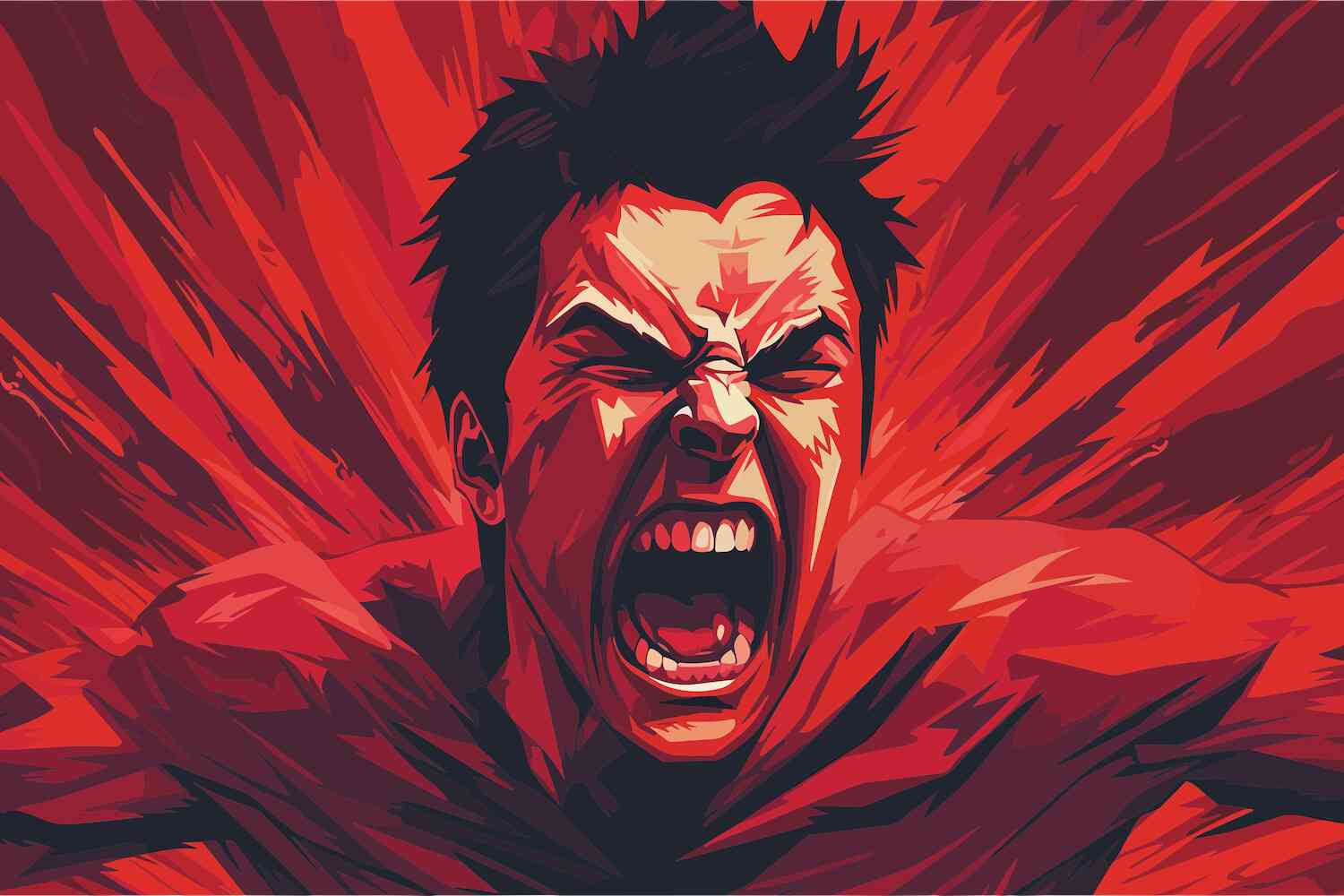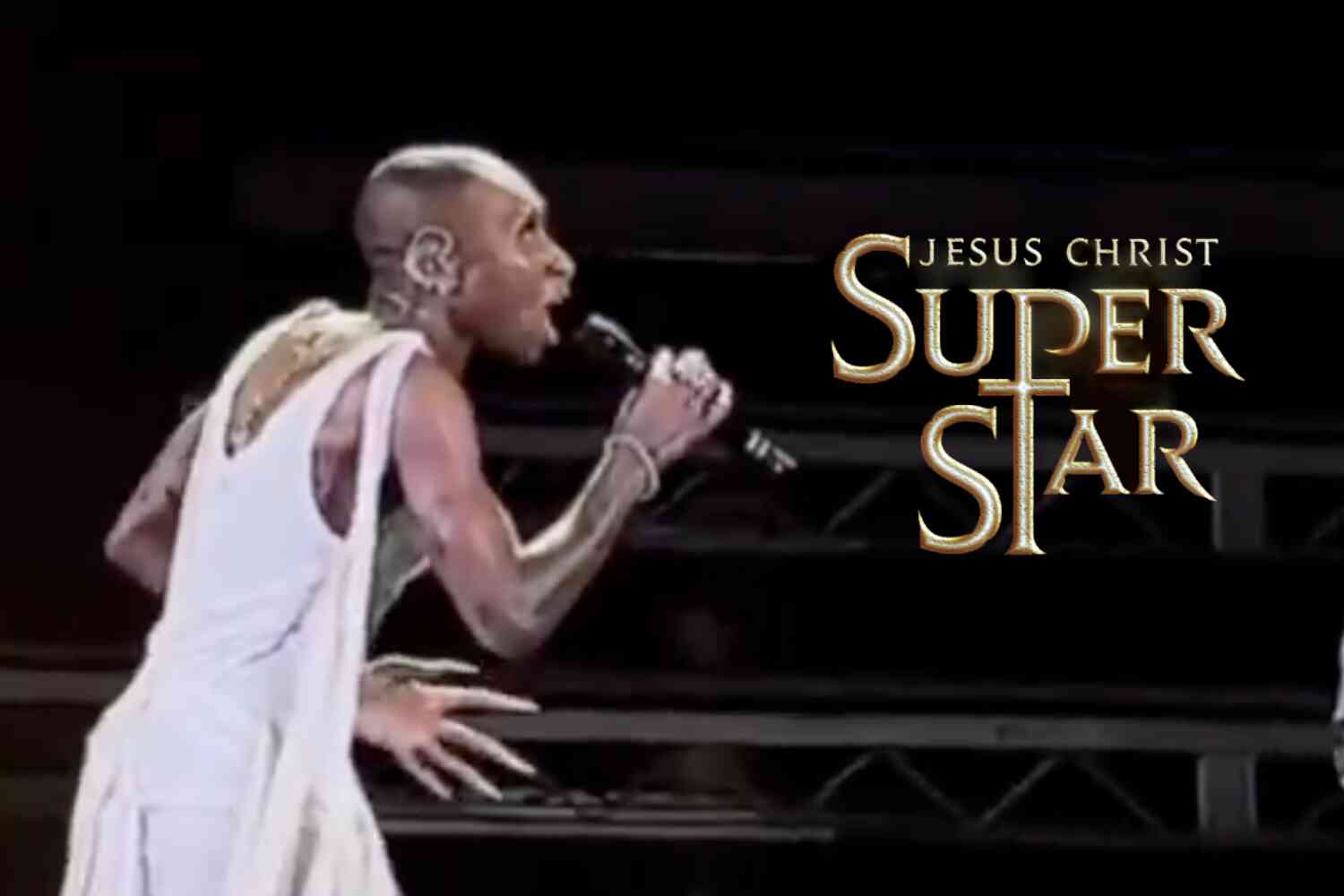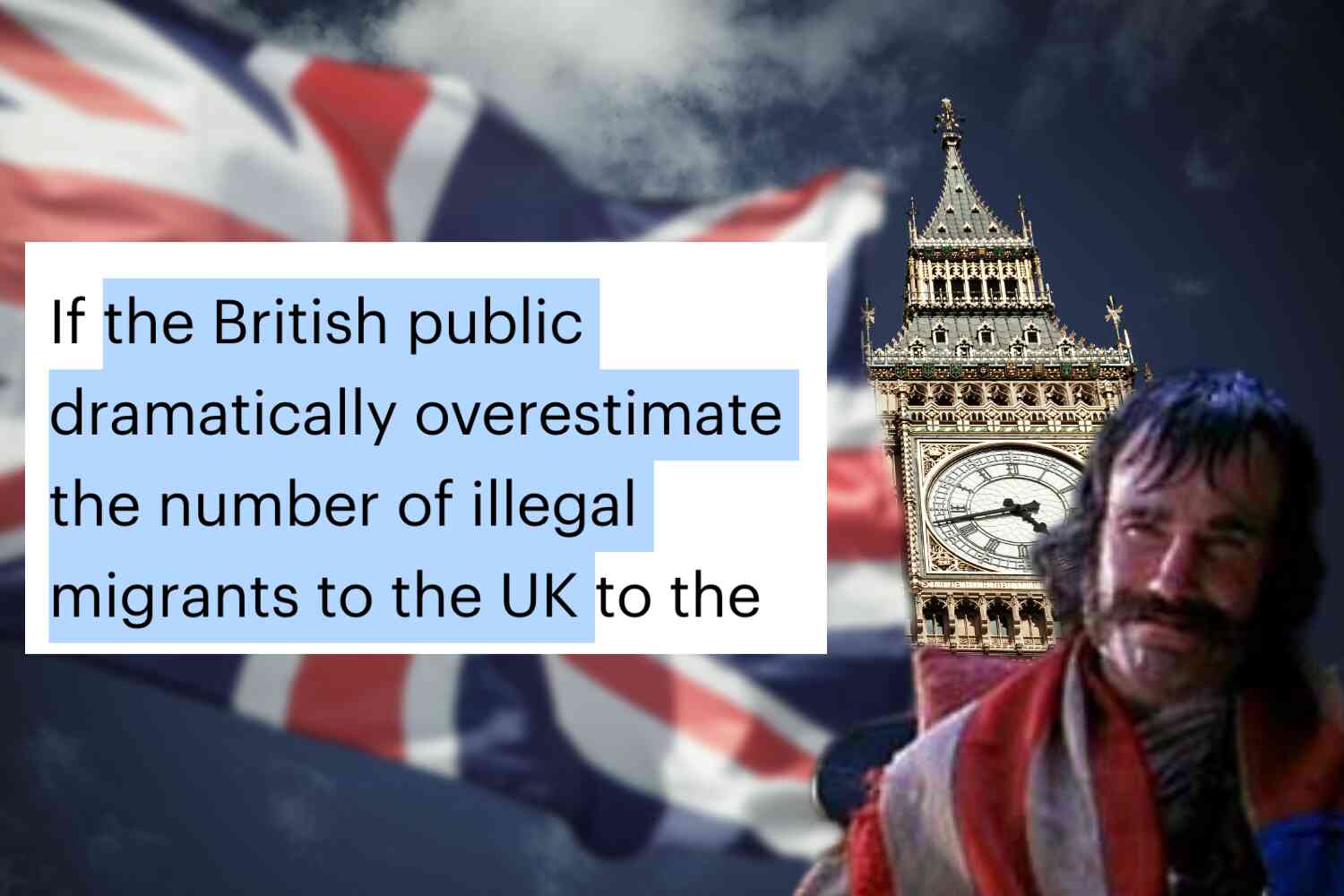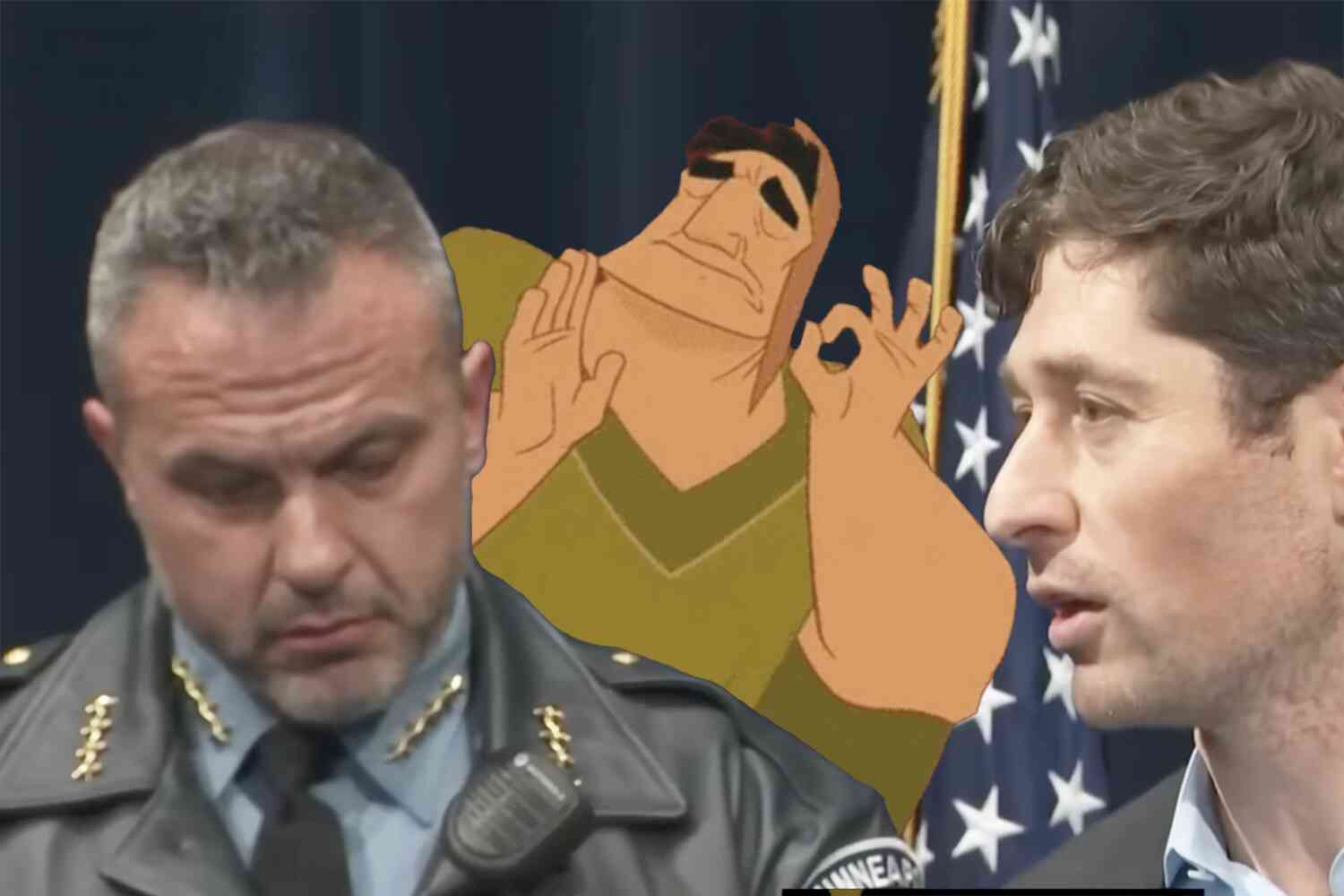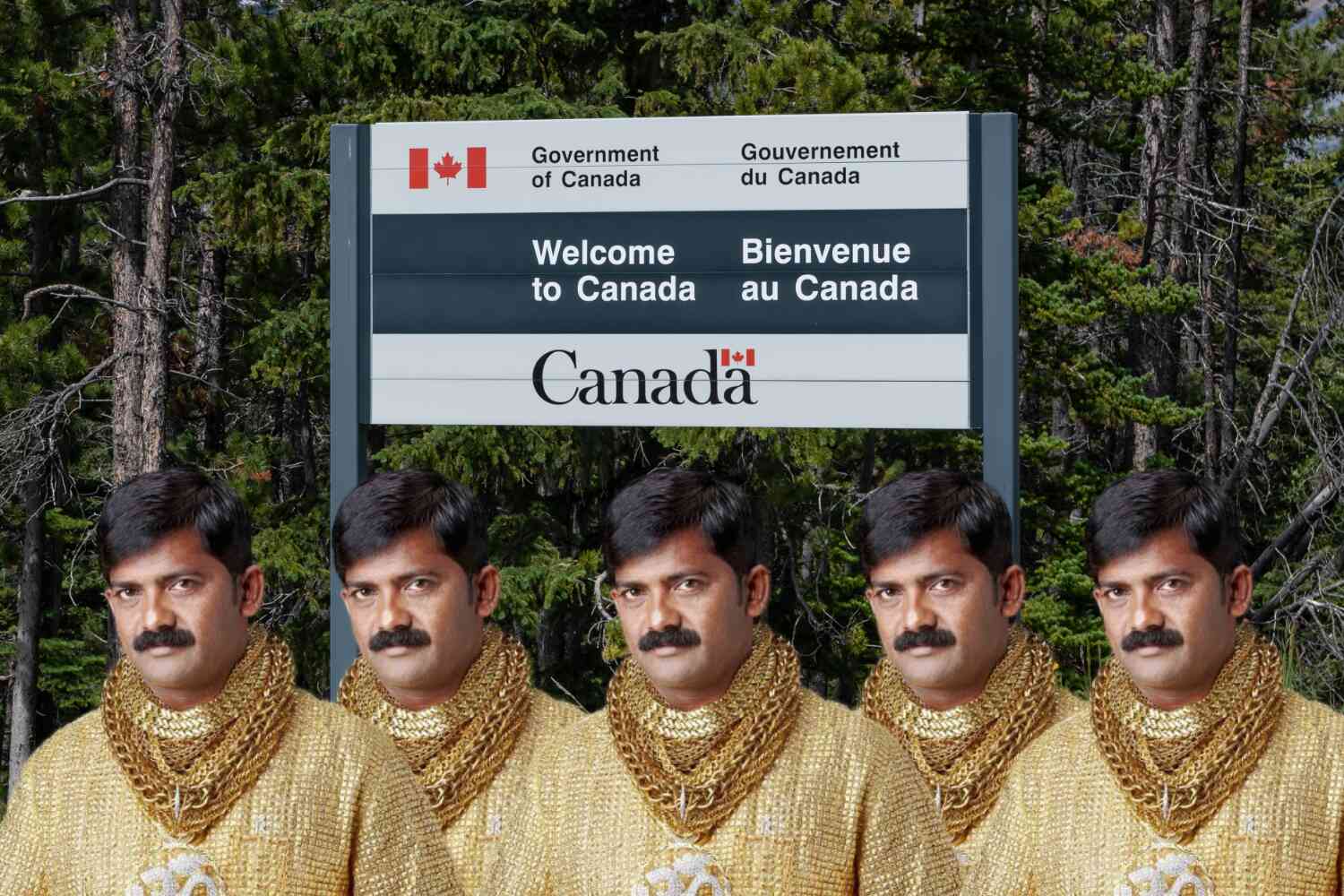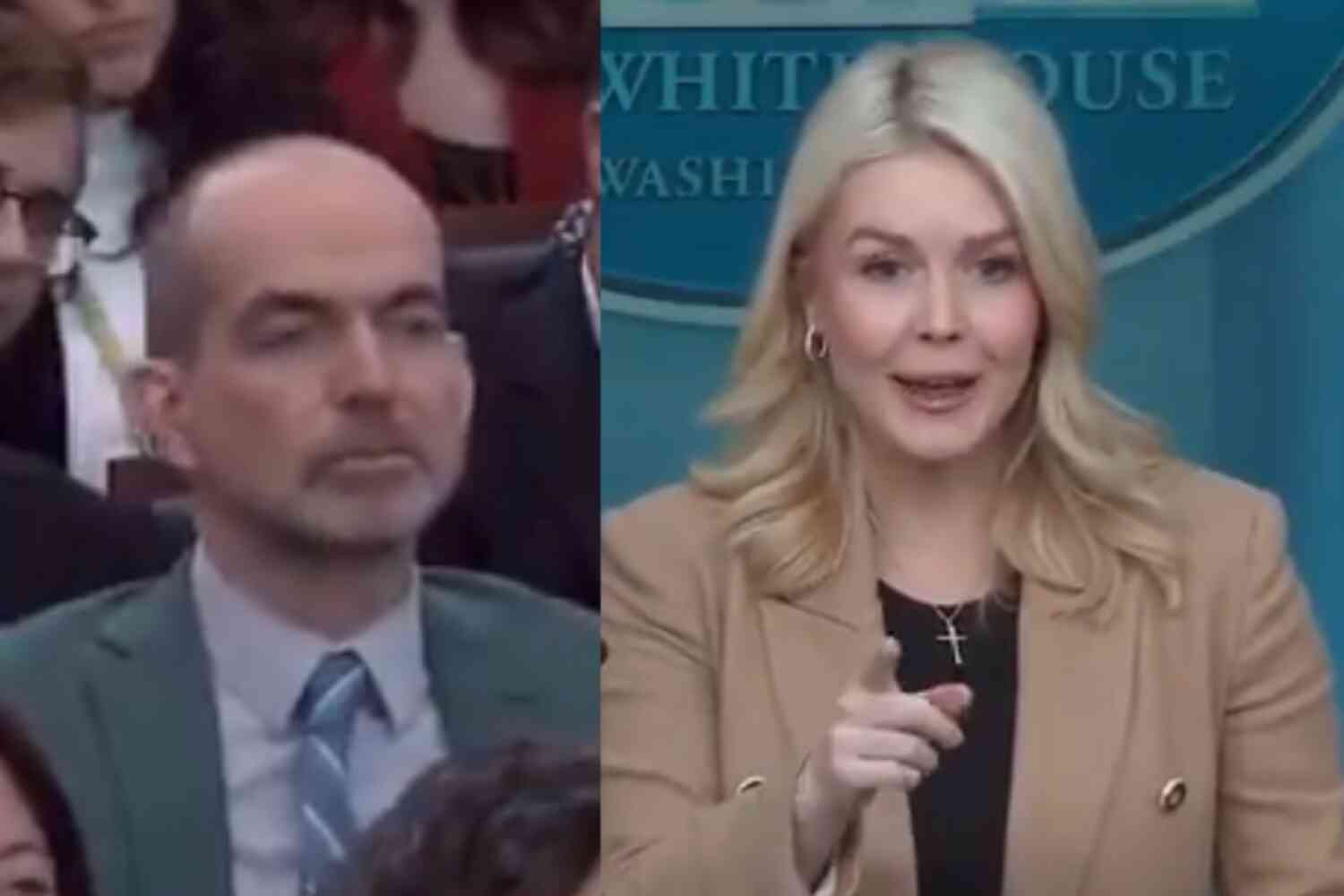It's no great secret that America has a hatred problem.
Political divisions between left and right have sharpened, with nearly every issue now framed as existential threats.
Racial tensions continue to escalate, fueling violence and forcing false choices that fracture our shared humanity.
Religious, regional, and generational divides now stir resentment, not dialogue.
Yet, I have never been more convinced that behind it all there's a much bigger, deeper problem: It's not just that we hate our enemies. It's that we enjoy hating them.
We anticipate the moral rush, the dopamine hit of outrage, the euphoric sense of satisfaction watching someone get owned online. We gravitate to our thought bubbles because it feels like a catharsis to rally with the like-minded. But candidly, I don't think I'm fulfilling my responsibility as a Christian if I fail to caution that what we are experiencing is something far more sinister. What's happening in our hearts is a spiritual turn. A shift inward.
I recently read Andrew Klavan's monthly essay, "Stephen Colbert Was Bad for America." It was the impetus for this column, but not because I think it's important we all point fingers at Colbert. Rather, I think it's critically important for us to look in the mirror and determine if we see his reflection in ourselves.
In many ways, Colbert was a genius. Forget his Late Show stint at CBS, and think back to his early days parodying a bombastic, Bill O'Reilly style commentator on Comedy Central's The Colbert Report. While often clever and witty, both his show and the one that spawned it - Jon Stewart's Daily Show - served as gateway drugs to a new kind of social indulgence.
For the Left, it provided a nightly ritual of self-congratulation disguised as comedy. Every episode was a spectacle of mockery, never attempting to understand those with dissimilar beliefs, but designed solely to belittle them. There was no argument or persuasion, only contempt. It was the erudite cynic making everyone around him feel foolish if they dared to think differently.
The impact was monumental. All of late-night comedy turned into navel-gazing, tribal affirmation. Sarcasm replaced dialogue. Moral superiority became a stand-in for creativity.
I agree with Klavan that Colbert was bad for us, but not because he was some misguided liberal.
Rather, he made hatred feel smart, even noble.
In the age of social media, this became a recipe for social disintegration.
Every post, every take, every reel, every short is now an opportunity to display our moral posture. I get caught up in it myself - where I don't just criticize, but instead perform my contempt. I may boast that I'm doing it for truth, or I may admit that I'm doing it all for views and likes. But the often hidden reality is I'm also doing it because it feels good. And that must be a red flag we refuse to ignore.
My friend and former boss Erick Erickson wrote a post yesterday that quoted the late Christian philosopher C.S. Lewis. The Oxford scholar wrote often about this demonic tendency in our hearts that if left unchecked, twists us from justly hating evil to being formed, shaped, and defined by hatred ourselves. We become the very thing we thought we were resisting.
It's easy to rationalize it, of course. They're the bad ones who started it, after all. They deserve it. But Lewis is brutal in his honesty:
We may kill if necessary, but we must not hate and enjoy hating. We may punish if necessary, but we must not enjoy it.
That's the difference between justice and vengeance, between a moral society and a mob. It's the difference between remaining human and becoming a devil. The moment we begin to enjoy someone else's humiliation, pain, or destruction - not for justice, but for pleasure - we cross a dangerous line.
There's only one solution to it all and it isn't easy. As Lewis put it, we must kill the impulse that wants to retaliate. Not tame it, manage or control it. Kill it.
Why? From my own experience I'd say because the resentment that feels like power is actually poison. Mercy, patience, humility - the divine characteristics of Christ Himself - are not mere strategies to employ. They are literal acts of resistance. Not resistance against "them."
No, resistance against the dark and dangerous transformation inside our own hearts that seeks to fold us into devils.
Our latest video 👇
Disclaimer: The opinions expressed in this article are those of the author and do not necessarily reflect the opinions of Not the Bee or any of its affiliates.
